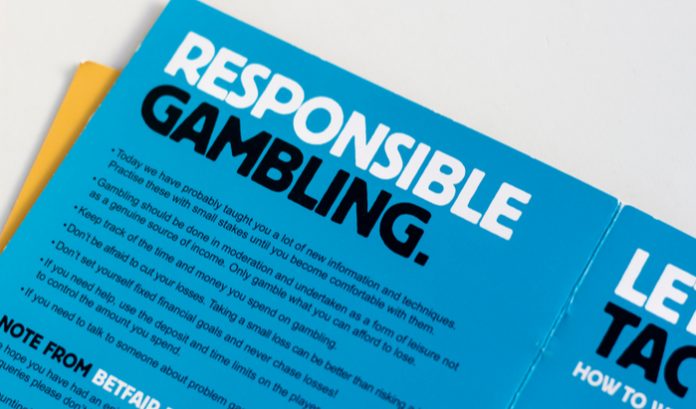The mobile lottery app Jackpocket has joined the growing number of industry voices calling upon adults to not gift children with lottery tickets this Christmas.
Organised by the National Council on Problem Gambling, in association with the International Centre for Youth Gambling Problems and High-Risk Behaviours at McGill University, the Gift Responsibly campaign aims to reduce the contact between gambling products and young children to minimise the risk of developing gambling harms.
Jackpocket has joined the campaign alongside over 80 lottery and community organisations around the world to remind parents and adults that “lottery tickets aren’t child’s play”.
“Jackpocket strives to promote responsible gaming in all that we do,” commented founder and CEO Peter Sullivan. “We are proud to stand with the NCPG in promoting the message that lottery tickets and scratch-offs are appropriate gifts only for adults. You must be at least 18 years old to place ticket orders on Jackpocket, and we hope that adults will avoid giving lottery tickets as gifts to minors during the holiday season – or any time of the year.”
Supporting the campaign for the fourth consecutive year, Jackpocket has produced a blog post sharing all relevant information to the campaign. Furthermore, the firm has produced a series of social media posts to remind its players to gift responsibly.
“We are very appreciative of Jackpocket’s efforts to educate adults about the potential consequences associated with underage lottery play,” said NCPG Executive Director Keith Whyte.
“The evidence clearly shows that exposure to gambling as a youth increases the probability of gambling problems later in life. Regardless of what time of year it is, adults should find gift options for children other than lottery tickets.”



























